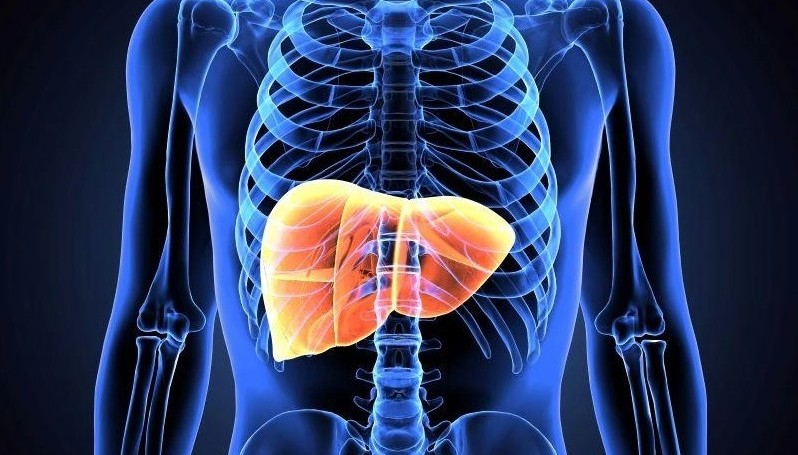The following is a summary of “Effectiveness of a person-centred eHealth intervention in reducing symptoms of burnout in patients with common mental disorders – secondary outcome analysis of a randomized controlled trial,” published in the October 2023 issue of Primary Care by Alsén, et al.
The prevalence of common mental disorders (CMDs), particularly stress-related conditions, has been on the rise in several countries, including Sweden, over the past decade. Individuals seeking medical attention for long-term stress often present severe symptoms. Although person-centered care (PCC) has demonstrated numerous benefits, there is a paucity of studies evaluating the impact of a PCC eHealth intervention on individuals with CMDs. For a study, researchers sought to compare the levels of self-reported burnout symptoms between two groups: one receiving treatment as usual (TAU) and the other receiving TAU supplemented with a person-centered eHealth intervention. The study focused on patients on sick leave due to CMDs.
The research analyzed a secondary outcome from a randomized controlled trial. A total of 209 patients on sick leave for CMDs were recruited from nine primary healthcare centers and randomly assigned to either the control group (n=107) or the intervention group (n=102). The intervention encompassed phone support and an interactive digital platform founded on PCC principles. The Shirom-Melamed Burnout Questionnaire (SMBQ) was used to self-report burnout symptoms at baseline, 3 months, and 6 months.
The results demonstrated variations in SMBQ scores over time in both the control and intervention groups. Although there was no significant discrepancy in SMBQ scores between the two groups, a distinction in change over time was observed. Specifically, SMBQ scores exhibited a more significant reduction in the intervention group compared to the control group between baseline and 3 months and between baseline and 6 months. However, no notable differences in changes between the two groups were observed between the 3-month and 6-month follow-up assessments.
The person-centered eHealth intervention for patients on sick leave due to CMDs revealed an initial but modest impact on reducing burnout symptoms. The overall effect might be considered limited since both groups consistently reported similar SMBQ scores throughout the study period.
Source: bmcprimcare.biomedcentral.com/articles/10.1186/s12875-023-02172-9



















